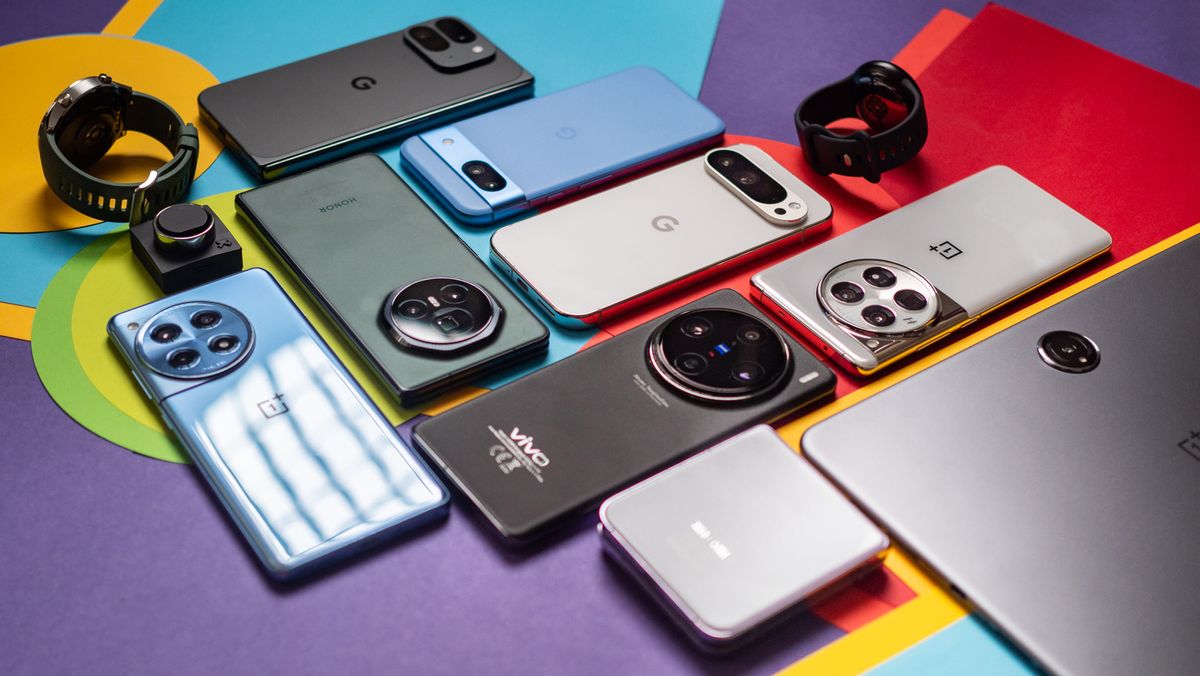This was the first year that a company was able to convince me to switch my primary phone from an iPhone to Android. Google’s Pixel 9 Pro was hands down the best Android phone this year. With its seamless Gemini integration, beautiful design, and amazing features, it truly was the phone that beat all phones this year.
We can’t discount the OnePlus 12 because not only was it a great phone, but it also helped Android Central determine that OnePlus really has been the most improved Android brand of the year.
I think what shocked me the most was that there weren’t that many great foldable releases from Google or Samsung, and most of the better foldable phones this year came from brands outside of the U.S. Honor’s Magic V3 clearly made the best foldable this year. Of course, the phone that consistently impresses me is the Razr Plus 2024, which was this year’s best flip phone winner.
Here’s what some of my colleagues have to say about the winners. Congratulations!
Best Android phone: Google Pixel 9 Pro
Nick Sutrich: In a sea of phones that feel similar, Google has done a monumental job of making a phone that feels different — even if it looks a little too much like an iPhone on the outside for some of us. The Google Pixel 9 Pro is Android Central’s favorite phone of the year because of its ability to pack the best of the Pixel 9 Pro XL in a smaller body, including the killer triple rear cameras that used to only come on the biggest and most expensive Pixel phones.
Not only that, but Google’s ability to use Gemini at the core of the Pixel experience to differentiate it from the pack is something to celebrate. Great new apps like Pixel Screenshots are game changers for what Google does best — search — while improvements to the overall interface and user experience with useful AI features made this the favorite of most Android Central staff.
It might not have received the highest score of all the premium phones we reviewed this year, but there’s something special about the Pixel 9 Pro that kept us coming back and wanting more despite the faults we found with it.
Runner-up: OnePlus 12
Our runner-up is the OnePlus 12. I’ll admit it: I haven’t cared about a OnePlus phone in years, and based on the numbers, most of you haven’t either. But the OnePlus 12 changed all that, and it not only got people talking about the brand again, but it also got them to start buying OnePlus phones again.
Everything about this phone exhibits the best of OnePlus. From feature-rich software that’s blazing fast and smoother than any other phone to stupidly fast charging that gets you a top-up in minutes and even one of the most eye-friendly OLEDs in the business, it’s nearly impossible not to love the OnePlus 12. That makes it our runner-up for best phone of the year.
Best value phone: Google Pixel 8a
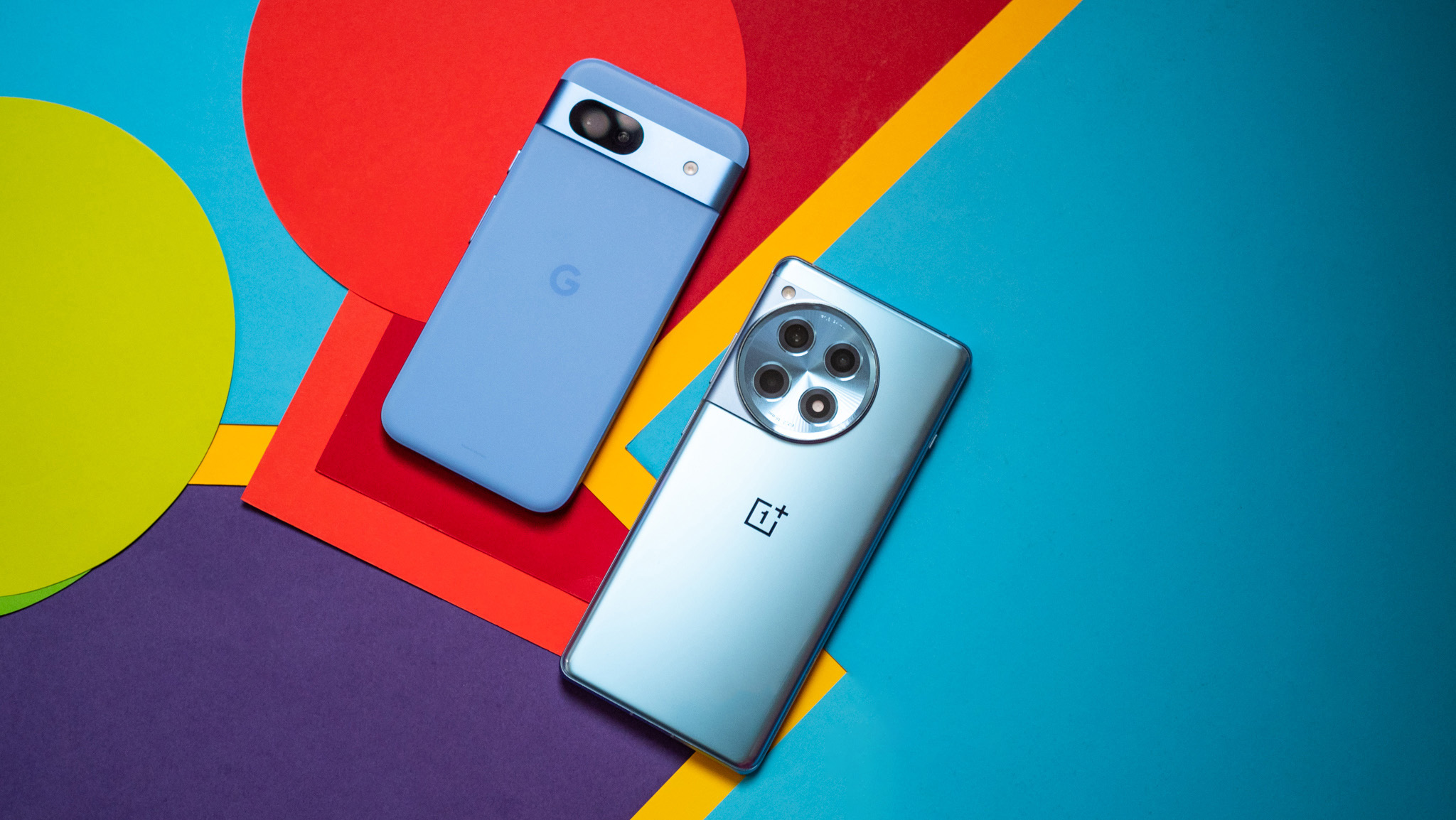
Harish Jonnalagadda: It should come as no surprise that the Pixel 8a is the best mid-range phone of 2024. It continues to have the best cameras in this category, and Google did a great job with the design this time — if anything, I prefer it to the Pixel 9 Pro in this regard. While the camera modules aren’t the latest, Google excels at eking out the best possible photos and videos; there are other phones that come close to the Pixel 8a, but none can meet its consistency.
Google also made positive strides with the OLED panel, and it now goes up to 120Hz and gets significantly brighter even under harsh sunlight. These are all positive improvements, but it’s the software that makes the Pixel 8a truly stand out — it is the only mid-range phone with a clean interface and long-term update guarantee. With Google promising seven years of Android OS updates, it will stay relevant until 2031, which isn’t the case with any other affordable Android phone.
Runner-up: OnePlus 12R
Coming in second is the OnePlus 12R. OnePlus decided to sell the phone globally starting this year, and that ultimately turned out to be the right call; the phone has the best hardware package in this segment, and although I still give the edge to the Pixel 8a because of its software, the 12R is much better at gaming, has a bigger battery, and unmatched fast charging tech.
Best camera phone: Vivo X100 series
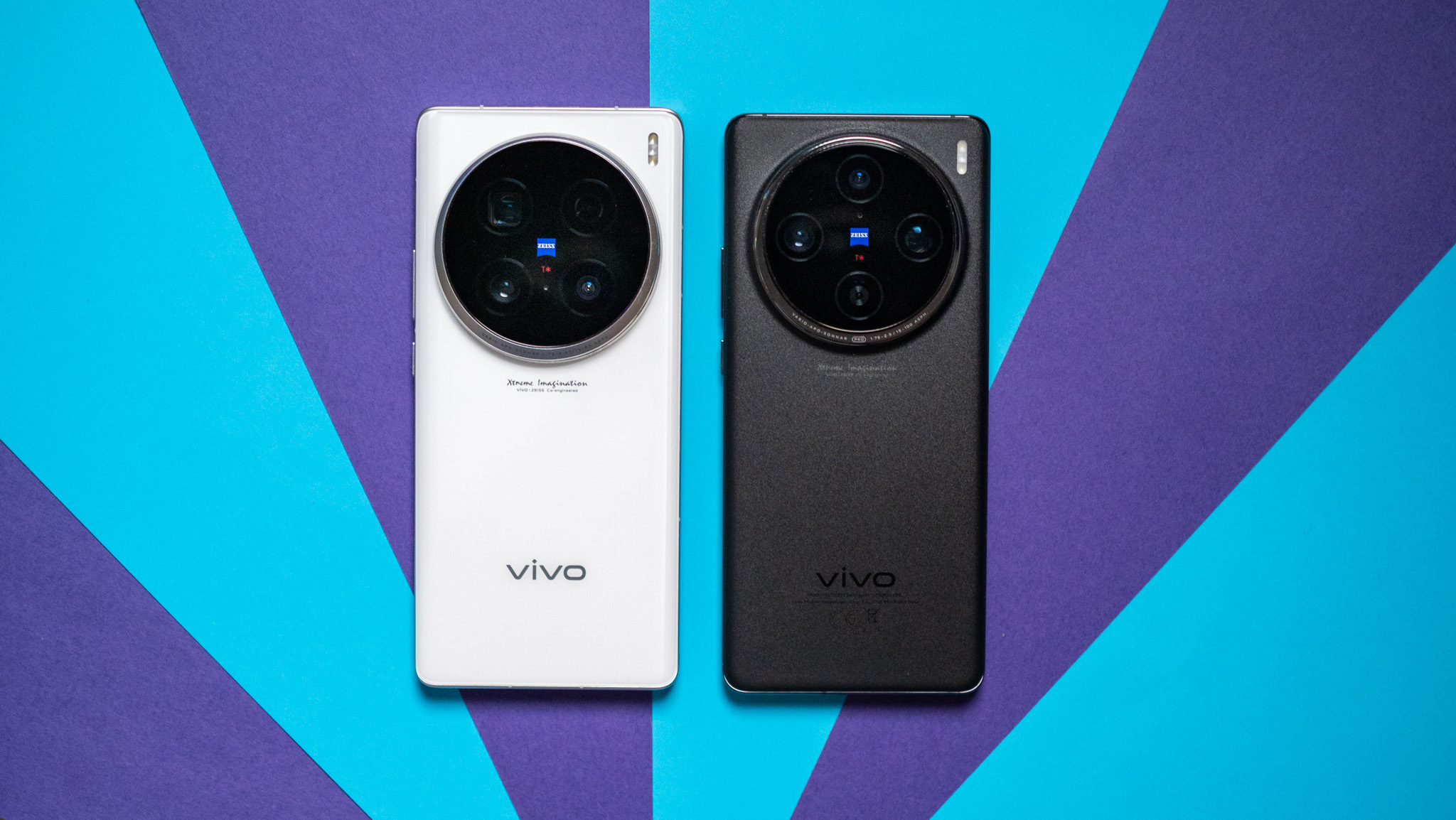
Nick Sutrich: Android Central staff voted on the best phone camera of the year, but the results weren’t even close. The Vivo X100 series took home 14 of our 20 total votes, and it’s no surprise, given how effectively the phone can replace a DSLR-style camera in most situations. Vivo’s software is extremely user-friendly yet offers powerful options for folks who need it to do more than they might expect from a phone.
My favorite part of the Vivo experience is the convincing portrait-style photos the phone creates from nearly any zoom level and with any subject. Taking photos of your food is suddenly transformed into a magazine-quality experience, and everything from group photos to landscape shots is simply stunning thanks to the phone’s accurate colors, crisp details, and ability to capture motion without that telltale smartphone blur.
Runner-up: Google Pixel 9 Pro
The runner-up is no surprise because Google Pixel phones typically win the best camera in any given year. The Google Pixel 9 Pro is the best camera you can buy in the U.S., without a doubt. Google’s photo quality is always top-notch, and it is one of the most reliable camera phones you can use. When you take a photo with a Pixel, there’s almost never a time it’s not a good photo.
Google ramped things up a notch this year with awesome new features like Add Me, which help get the photographer in the group shot by cleverly using AI to stitch two pictures together. Thanks to some excellent UI design and features that are consistently fun to use, the Pixel 9 Pro is the camera phone to get if you can’t get a Vivo X100.
Best foldable phone: Honor Magic V3
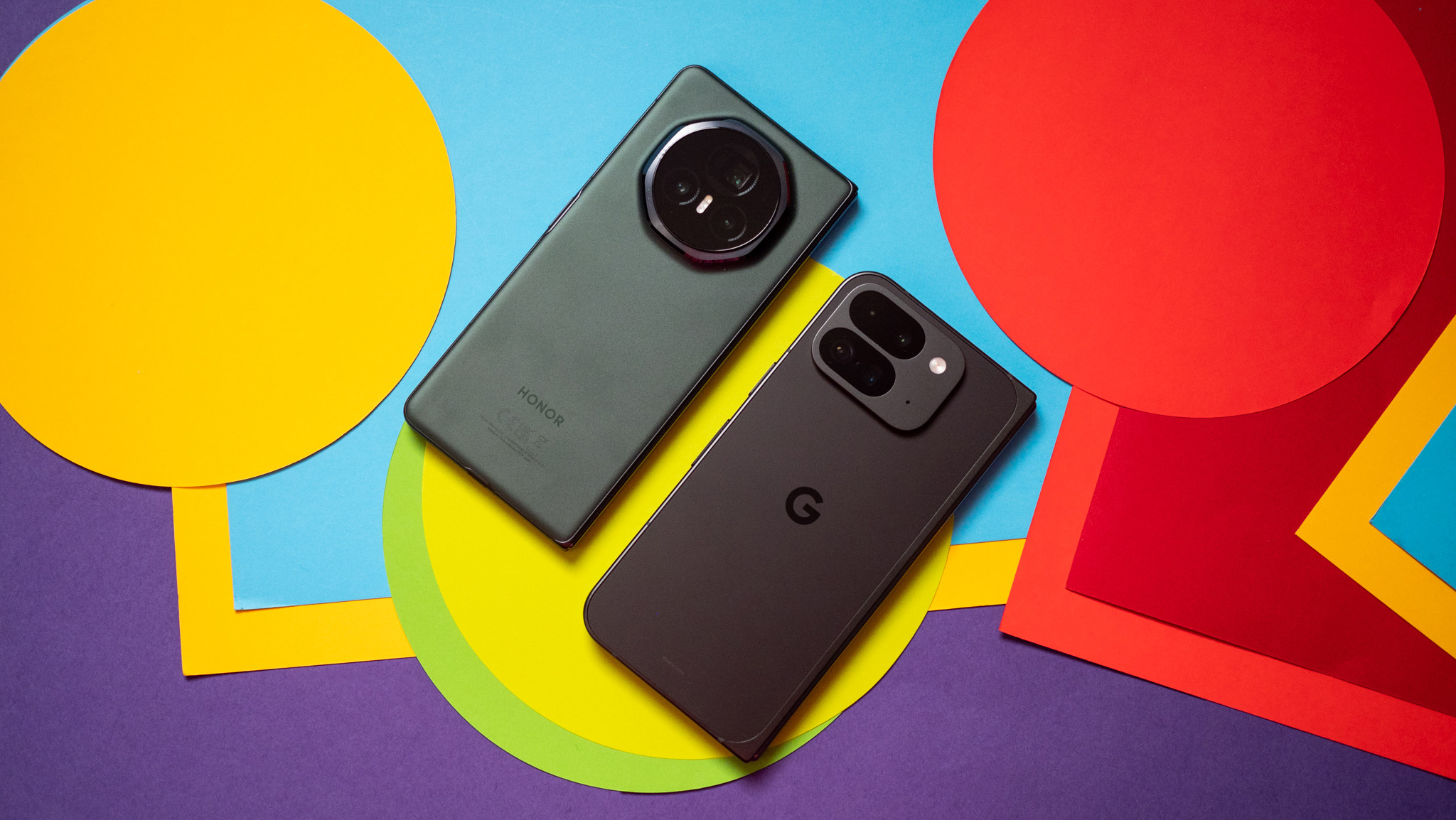
Andrew Myrick: Well, wouldn’t you know it? Neither Samsung nor Google will take home the “best foldable phone” crown in 2024. Instead, it’s the Honor Magic V3 that continues to turn heads and impress despite not even being available in North America.
The Magic V3 packs a punch in all the right ways, starting with a design that is both incredibly sleek and light. As noted in our review, “The Galaxy S24 Ultra is 2g heavier than the Magic V3,” which is just insane when you consider the V3 provides a 6.43-inch cover display and a 7.92-inch inner screen.
Honor made very few sacrifices with the Magic V3, with the biggest issue being the “average battery life.” Besides that, we have flagship specs across the board, with the V3 being powered by the Snapdragon 8 Gen 3. Honor didn’t skimp on the cameras either, with the array comprised of a 50MP main, 50MP periscope telephoto, and a 40MP ultrawide.
Runner-up: Google Pixel 9 Pro Fold
Coming in second place was the Pixel 9 Pro Fold, which Google took in a completely unexpected direction. Instead of attempting to refine the passport style from the original Pixel Fold, the 9 Pro Fold is more in line with the OnePlus Open and the aforementioned Honor Magic V3.
The Pixel 9 Pro Fold’s cover screen is the same size as the Pixel 9 while unfolding to reveal a beautiful 8-inch AMOLED display. It’s powered by Google’s latest Tensor G4, paired with 16GB of RAM and up to 512GB of storage. Even the battery life is fantastic, easily lasting for more than a day with regular use. We just really wish it had the same cameras as the Pixel 9 Pro and 9 Pro XL.
Best flip phone: Motorola Razr Plus 2024
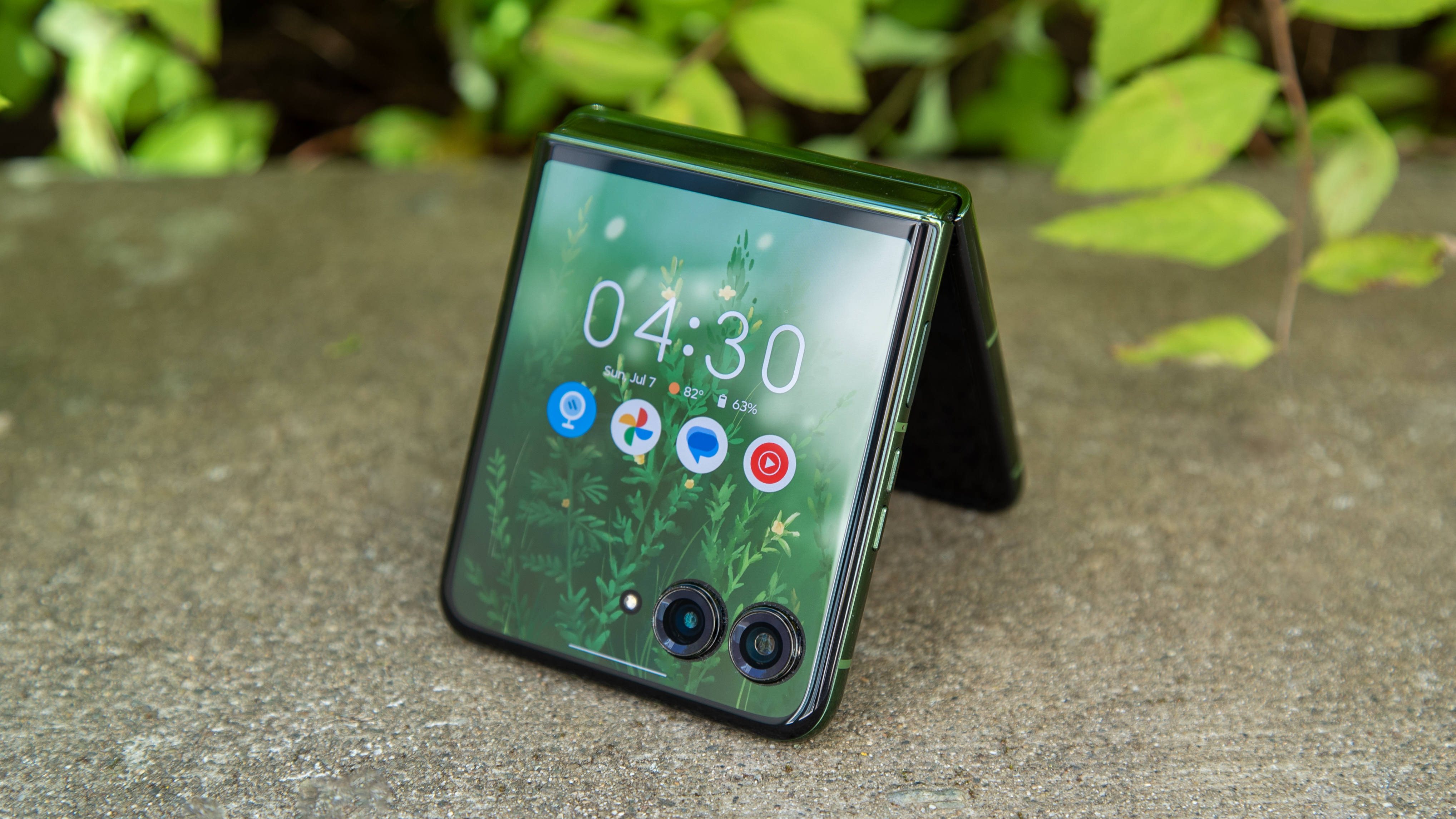
Derrek Lee: Motorola has had something of a resurgence in recent years. While Samsung’s Galaxy Z Flip lineup has been pretty same-y for the past couple of generations, Motorola came out of left field with a revamped Razr in 2023, then gave it a pretty substantial upgrade in 2024.
The Motorola Razr Plus 2024 is technically not the most powerful flip phone on the market — that distinction goes to the Galaxy Z Flip 6 and its more powerful chipset — however, Motorola makes up for it in other ways, with the overall experience culminating in a phone that I haven’t wanted to put down since I got my hands on it. The design feels so refined with a strong hinge, IPX8 water resistance, and vegan leather on the back of every model.
I also have almost no complaints about the specs; the Snapdragon 8S Gen 3 and 12GB of RAM feel plenty speedy, the 4,000mAh battery doesn’t make me feel nervous, and the new 50MP primary camera takes photos that I can actually use. Plus, the 4-inch cover screen is a blast to use, with access to nearly all of your apps.
Runner-up: Xiaomi Mix Flip
While the Razr Plus 2024 won nearly unanimously, the runner-up was the Xiaomi Mix Flip, which features a more powerful Snapdragon chipset and an equally large (although bigger by 0.01 inches) cover screen. As Xiaomi’s first flip phone, the Mix Flip is quite impressive, with a stunning design, a great set of Leica-powered cameras, and a shockingly large battery for a flip phone. The only problem is that the phone isn’t available in North America or Australia.
Most improved Android brand: OnePlus
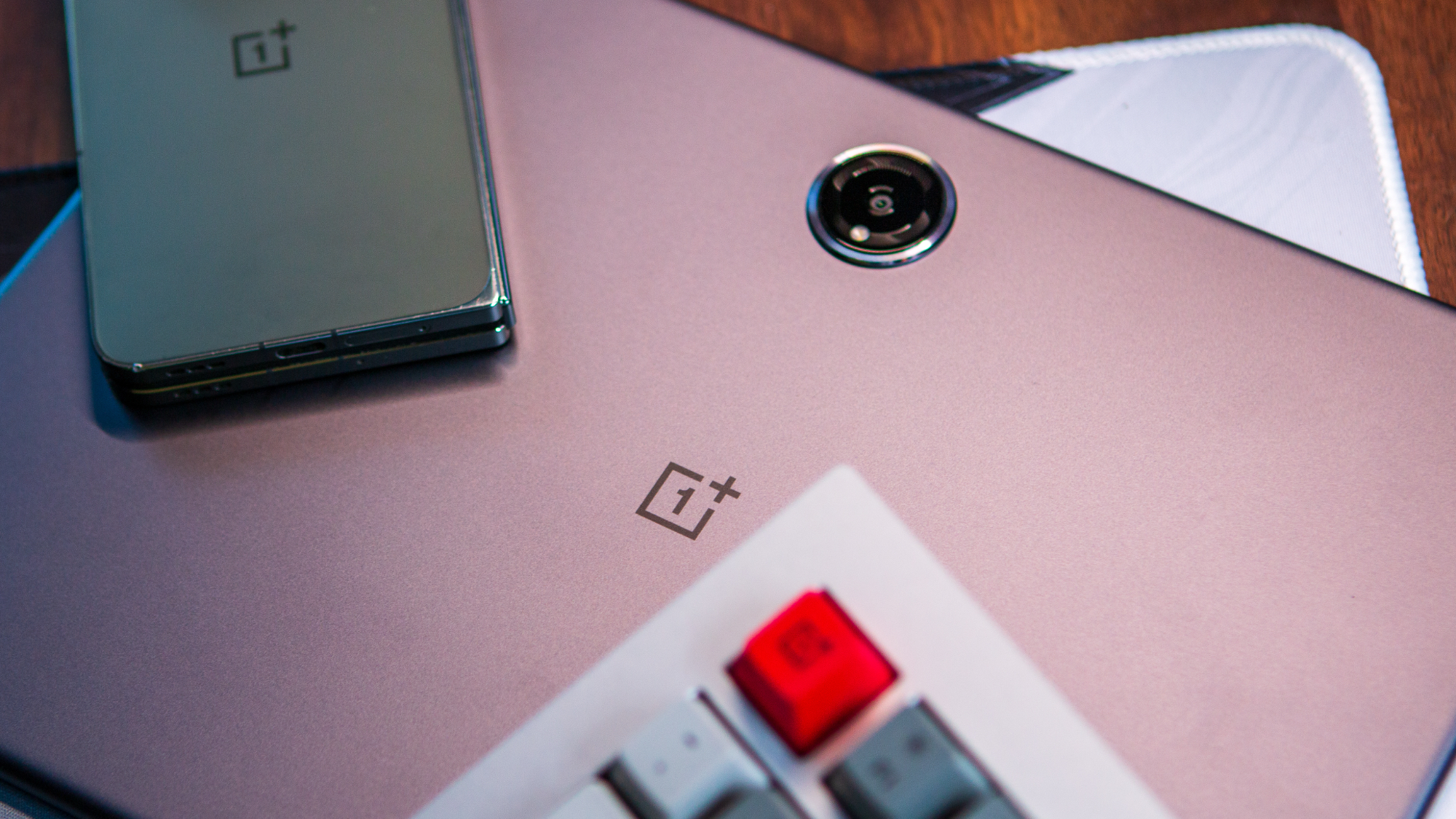
Harish Jonnalagadda: OnePlus had a standout 2024, and the manufacturer didn’t put a foot wrong in the last 12 months. The OnePlus Open is still one of the best foldables around, the OnePlus Pad 2 is a terrific mid-range tablet, and the OnePlus 12R is a viable alternative to the Pixel 8a.
But it’s the OnePlus 12 that’s particularly notable. While OnePlus rolled out flagships for the better part of a decade, its earlier efforts couldn’t quite measure up to what Samsung, Xiaomi, Vivo, and Google had to offer. That changed with the OnePlus 12, with the device delivering much better cameras, a brighter AMOLED with eye-friendly tech, and class-leading battery life.
OnePlus managed to address several of its shortcomings this year, and the fact that it now has devices to take on the best flagships, as well as mid-range phones, makes it truly deserving of the moniker of the most improved brand of 2024.

